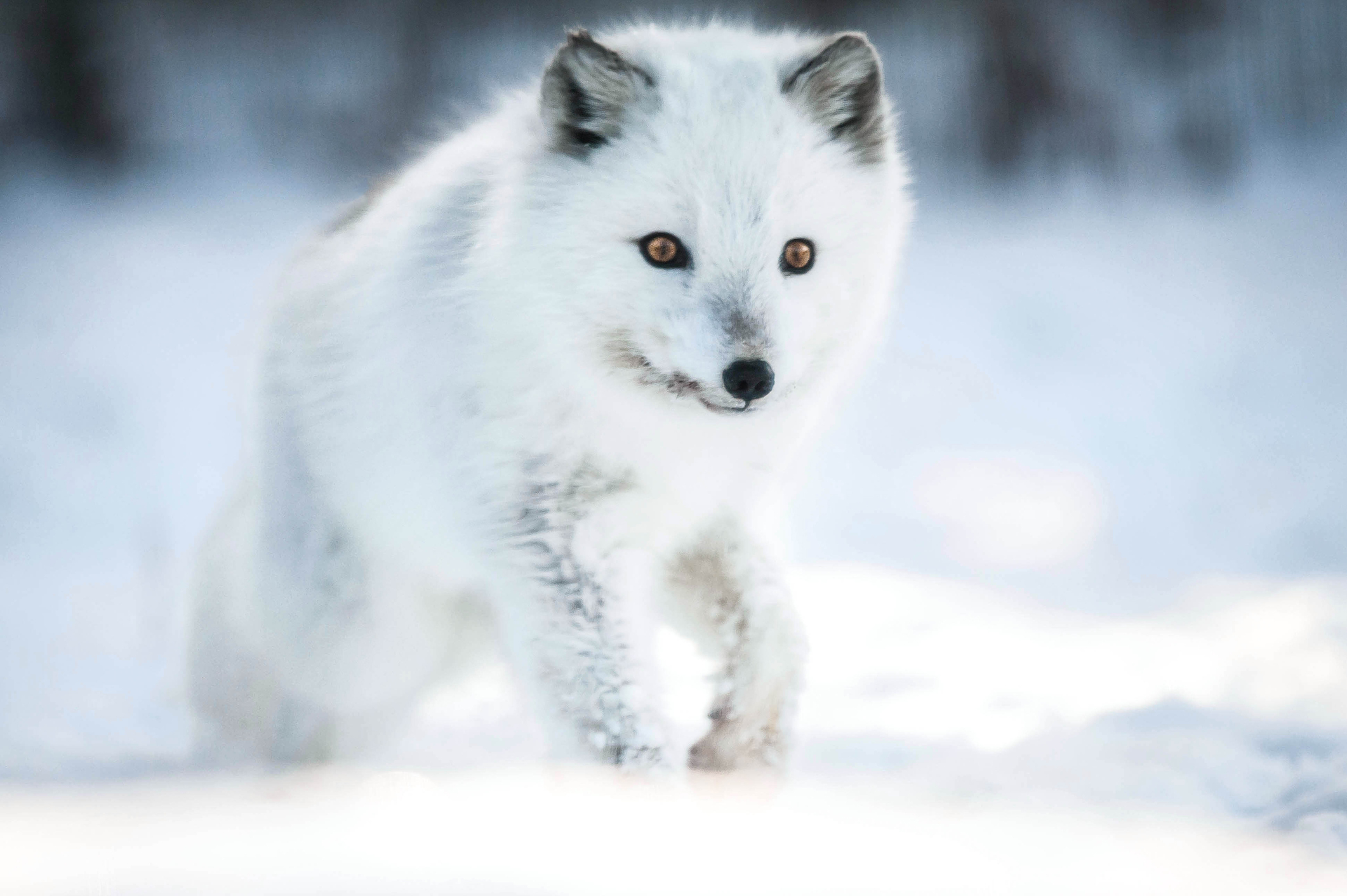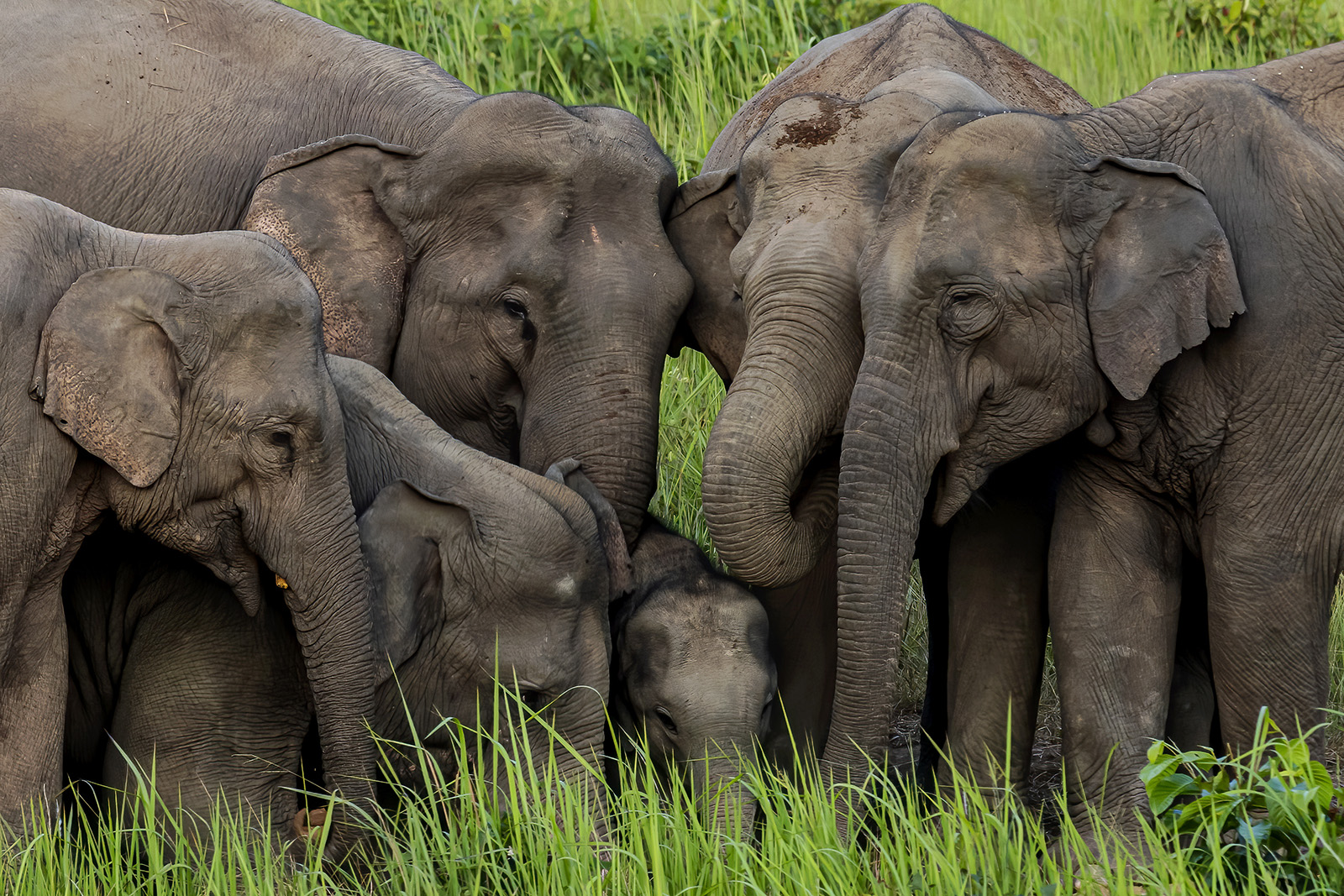An alphabetical adventure through the animal kingdom, each starting with the letter ‘A’.
Discover 19 animals that start with the letter ‘A’. Can you think of more? Let us know what we have missed…
Animals starting with ‘A’
Aardvark
The nocturnal, burrowing mammal aardvark is native to Africa and famous for its large snout, which is used to sniff out food.
Albatross

Albatrosses are stunning, long-lived seabirds. Some species are exceedingly large, with the wandering albatross having the largest wingspan of any extant bird (3 metres!)
Adder

Adders are found throughout much of England, Scotland and Wales (but absent from Northern Ireland and the Republic of Ireland), and throughout most of Europe.
They are the most northerly found snake with a distribution into the Arctic Circle.
Adélie penguin

Famed for their ‘tuxedo’ appearance, Adélie penguins are probably the second most numerous of all penguin species.
African wild dog

African wild dogs are neither wolves nor dogs. African wild dogs do belong to the Canidae family. However, grey wolves, coyotes, dogs and jackals are all in the Canis genus, whereas African wild dogs are the only extant (living) species in the Lycaeon genus.
African elephant

There are two species of African elephant – African savannah elephant (Loxodonta africana) and the African forest elephant (Loxodonta cyclotis).
In general, African elephants are larger than their Asian cousins. Adult males weigh up to six tonnes, while male Asian elephants usually weigh no more than five tonnes.
African wild ass

The African wild assess are all considered to be Critically Endangered with only a few hundred to a few thousand left in the wild when last recorded in the 1990s.
Alligator

There are two species that go by the name of alligator – the American and the Chinese. However, the alligator family also includes the closely-related caimans, all six of which occur in Central and South America.
The only place where crocodiles and alligators occur together is southern Florida.
Alpaca

Alpacas are a camelid, closely related to their more famous cousin, the llama. The other three species of camelids are camels, guanacos and vicunas.
Alpine newt

Alpine newts are a striking species, with marbled skin and bright spot-free orange bellies.
They are similar in appearance to great crested newts, though they are smaller in size.
Anteater

The anteater is one of the world’s oddest looking animals. But it is an ecological oddity, too. As the name suggests, it is an extreme example of a large mammal that specialises in feeding on tiny prey.
Little surprise that a 50kg adult must consume a lot of prey – as many as 30,000 individual ants and termites a day, in fact.
Angelshark

The angelshark looks as if it’s half way between a shark and a ray and they only grow to about 2.4 metres long.
They look like they’ve been compressed, and it’s advantageous for them to be as flat as possible as they spend most of their time buried in the sand on the sea bottom.
Ant

Ants are insects that form the family Formicidae. Like the wasps, bees and sawflies, they are part of the Hymenoptera order. They are found throughout the world, with the exception of Antarctica and some remote islands.
It’s thought that there are 22,000 species of ants, although not all have been described by scientists.
Arabian oryx

Standing only about a metre tall at the shoulder, Arabian oryx are unmistakable. Almost white, wearing black, full-length stockings with a black chest line and face markings that include, as Stuart Wells, former oryx-keeper at Phoenix Zoo, Arizona, puts it, “a Nike swoosh” .
And then there are those extraordinary horns: black and slender, almost as long as the animal is tall, and very slightly swept back at their sharp, pointed tips.
Armadillo

Did you know Armadillo means ‘little armoured one’,? Famous for their bony plates known as osteoderms these mammals live in central and most of South America, while the nine-banded armadillo has made it to North America.
Arctic fox

The Arctic fox is found throughout the arctic tundra and has many adaptations that help it to survive the extreme temperatures it experiences.
Asian elephant

Asian elephants are found in most regions of south-eastern Asia including the Indian subcontinent, Indochina peninsulas and Borneo.
Axolotls

Increasingly popular as pets thanks to their appearance in the Minecraft computer game, axolotls are Critically Endangered amphibians endemic to Mexico.
Aye-aye

The aye-aye is a strange nocturnal type of lemur that lives in Madagascar. The IUCN list the aye-aye as endangered.
Looking for more fascinating facts?
Explore our expertly curated collection of captivating animal features, offering everything from insightful animal ID’s to engaging quizzes. Check out our collection of species guides, from big cats to zebra – all the information you need is in one place!